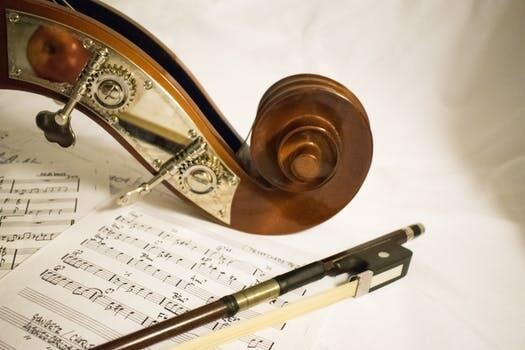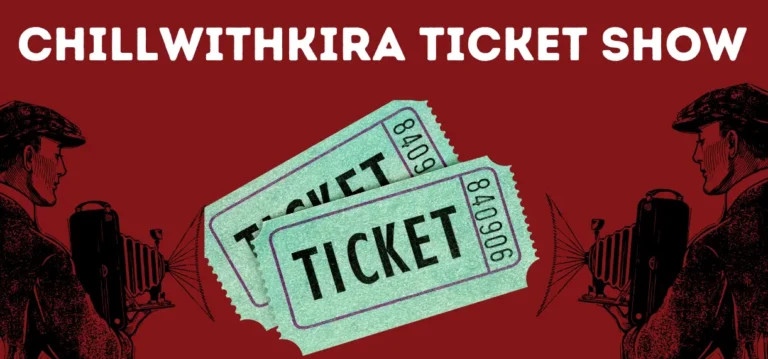Choosing the Perfect Band Instrument: A Comprehensive Guide
Choosing a band instrument can be a fun but challenging task. With so many options, it’s important to find the one that suits you best. Factors like sound, size, and ease of play all matter. In this guide, we’ll help you explore different instruments and what makes each one unique.
Whether you’re drawn to the bold sounds of brass, the smooth melodies of woodwinds, or the steady beat of percussion, there is an instrument for everyone. Let’s dive in and find your perfect musical match.
Why Choosing the Right Instrument Matters
Choosing the right instrument can set the tone for your entire musical journey. The right match can lead to years of enjoyment, while the wrong choice could result in frustration and abandonment. Your decision will affect your practice routine, the type of music you’ll play, and even your social circles.
Assessing Your Musical Goals
Before you even pick up an instrument, think about your musical goals. Are you interested in playing in a school band, joining a community orchestra, or just playing for fun?
Your goals will influence the type of instrument best suited for you. For instance, if you aim to join a jazz band, a saxophone might be more fitting than a flute.
Understanding Different Instrument Families
Musical instruments are divided into different families, each offering unique sounds and roles in a band. Knowing these families can help you narrow down your choices.
Woodwind Instruments
Woodwinds include flutes, clarinets, and saxophones. These instruments are known for their versatile range and are often used in both classical and contemporary music.
Brass Instruments
Brass instruments like trumpets, trombones, and tubas produce powerful and resonant sounds. They are typically used in orchestras, brass bands, and jazz ensembles.
String Instruments
Violins, cellos, and double basses are part of the string family. These instruments are usually found in orchestras and chamber music settings.
Percussion Instruments
Percussion instruments include drums, xylophones, and tambourines. They provide the rhythm and can be found in various musical genres.
Factors to Consider When Choosing an Instrument
Choosing an instrument involves more than just liking its sound. Here are some key factors to consider:
Physical Suitability
Some instruments are physically demanding. For instance, the tuba requires lung capacity and arm strength, while the violin demands good finger dexterity. Make sure the instrument you choose aligns with your physical abilities.
Budget Constraints
Instruments can vary widely in price. It’s essential to consider your budget not only for the initial purchase but also for maintenance and accessories. For example, woodwind instruments require reeds, and strings need frequent tuning and replacement.
Space and Noise Considerations
Think about where you’ll be practicing. Some instruments, like drums, can be noisy and require ample space, while others like the flute are more compact and quieter.
Exploring Popular Band Instruments
Let’s take a closer look at some of the most popular band instruments to give you a better idea of what might suit you best.
Flute
The flute is a lightweight, versatile instrument perfect for beginners. It offers a wide range of notes and is relatively easy to learn. Its compact size makes it easy to carry and store.
Clarinet
The clarinet is another excellent choice for beginners. It’s versatile and can be used in various musical styles, from classical to jazz. The clarinet’s rich, warm tones are a favorite among many musicians.
Saxophone
Known for its distinctive sound, the saxophone is a popular choice for jazz and classical music. It’s slightly more challenging to learn but offers a unique musical experience. The saxophone comes in different sizes, each with its range and sound.
French Horn
French horns are brass instruments known for their smooth, mellow tone, often featured in orchestras and bands for their rich sound. Playing it can be challenging due to complex fingerings and precise breath control, but its unique sound and role in music make it a rewarding choice for dedicated musicians.
Trumpet
The trumpet is a brass instrument known for its powerful, bright sound. It’s commonly used in orchestras, jazz bands, and brass ensembles. The trumpet requires strong lung capacity and precise lip control.
Trombone
The trombone is a brass instrument with a unique slide mechanism. It’s used in various musical genres, including classical, jazz, and marching bands. The trombone’s rich, deep sound is a favorite among brass players.
Violin
The violin is a string instrument known for its versatility and expressive range. It’s commonly used in orchestras, chamber music, and solo performances. The violin requires good finger dexterity and precise bowing techniques.
Drums
Drums are a popular choice for those interested in rhythm and percussion. They are used in various musical genres, from rock to classical. Drumming requires good coordination and a sense of rhythm.
Seeking Expert Advice
Seeking advice from experienced musicians and teachers can be incredibly beneficial. Here’s how to go about it:
Consult Music Teachers
Music teachers can provide valuable insights into different instruments and help you make an informed decision. They can also assess your physical suitability and musical goals.
Talk to Experienced Musicians
Experienced musicians can share their personal experiences and offer practical advice. They can also recommend specific brands and models based on your budget and preferences.
Join Music Forums and Communities
Online forums and communities are excellent places to seek advice from a broader group of musicians. You can ask questions, read reviews, and gain insights from a diverse range of perspectives.
Choose the Perfect Band Instrument For You Today
Choosing the right band instrument is vital for your musical journey. Consider your goals, physical suitability, and budget. Try different instruments and seek advice from experts. Borrow or rent if unsure.
Your choice impacts your practice and enjoyment. Remember, the right instrument makes your musical journey joyful and fulfilling. Take your time, explore options, and make an informed decision.
With the right instrument, you’ll find joy and satisfaction in your musical endeavors. Happy playing!
Expand your knowledge by exploring other fascinating articles on our blog covering a wide range of topics. Happy reading!







